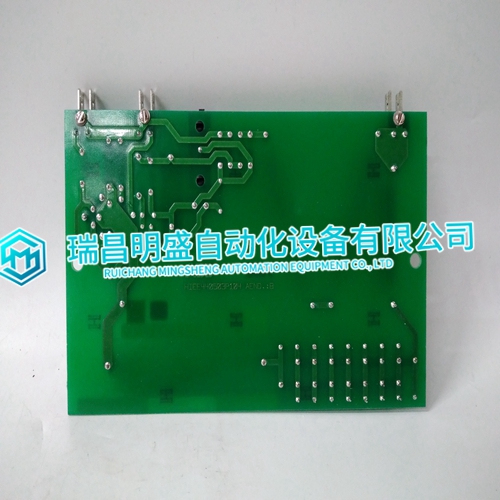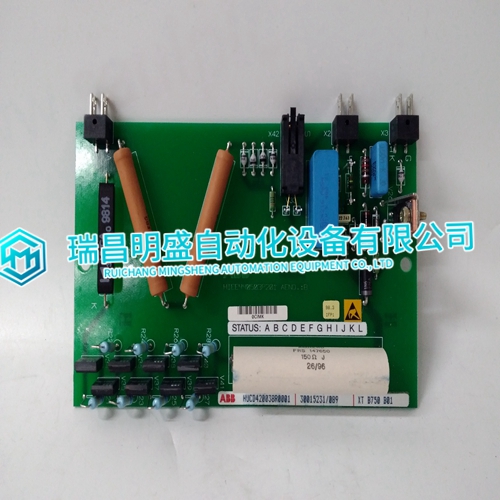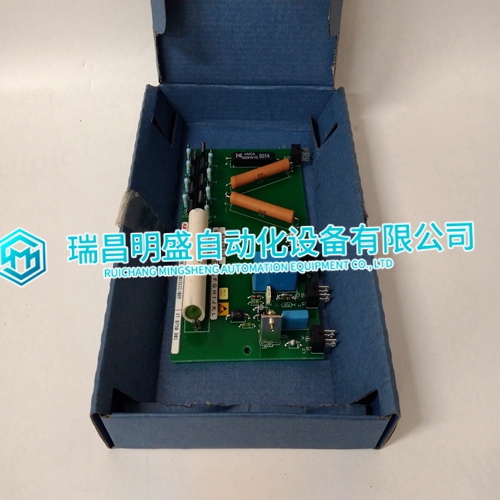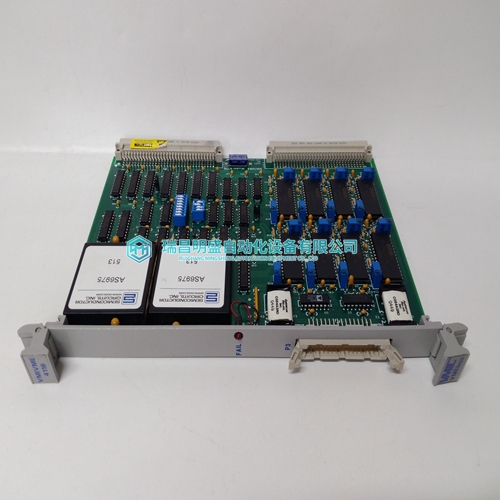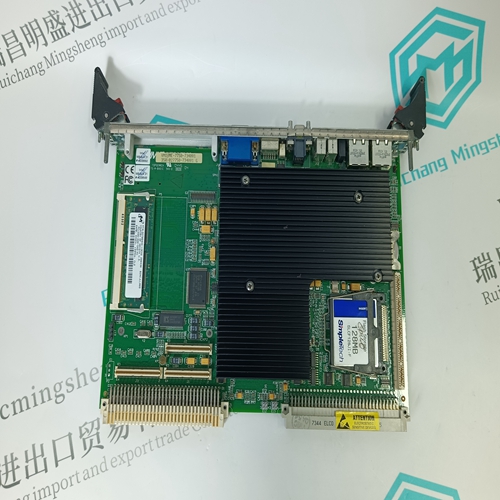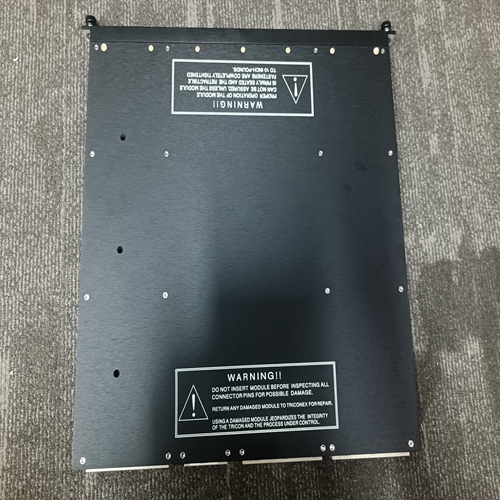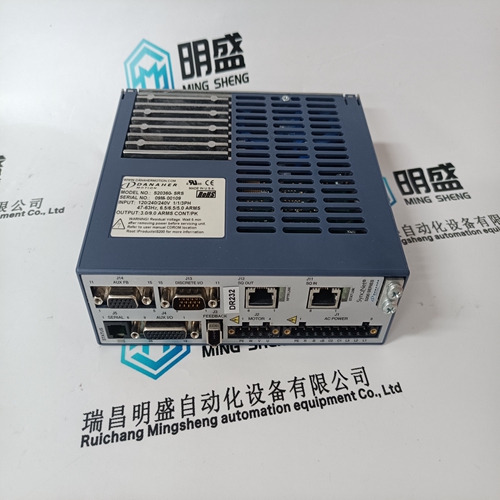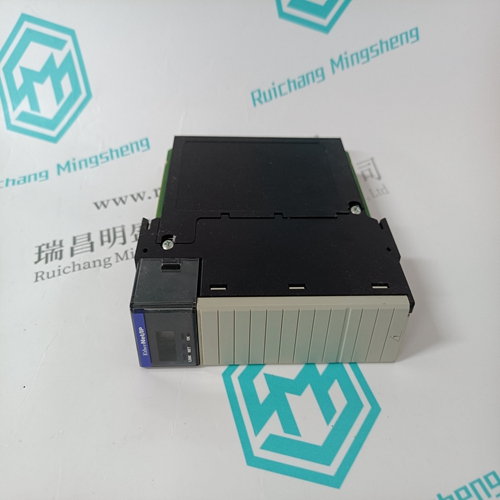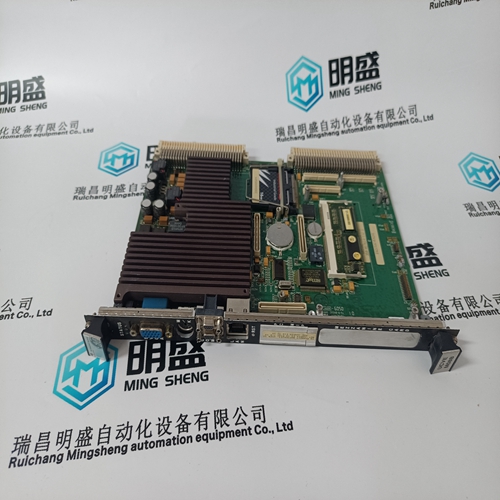Home > Product > DCS control system > XTB750B01 HUCD420038R0001 HIEE440503P201 module
XTB750B01 HUCD420038R0001 HIEE440503P201 module
- Product ID: XTB750B01 HUCD420038R0001 HIEE440503P201
- Brand: ABB
- Place of origin: The Swiss
- Goods status: new/used
- Delivery date: stock
- The quality assurance period: 365 days
- Phone/WhatsApp/WeChat:+86 15270269218
- Email:stodcdcs@gmail.com
- Tags:XTB750B01HUCD420038R0001HIEE440503P201module
- Get the latest price:Click to consult
XTB750B01 HUCD420038R0001 HIEE440503P201 module
The master is configured by the user to wait for a predetermined timeout interval before aborting the transaction. This interval is set to be long enough for any slave to respond normally. If the slave detects a transmission error, the message will not be acted upon. The slave will not construct a response to the master. Thus the time-out will expire and allow the master’s program to handle the error. Note that a message addressed to a nonexistent slave device will also cause a timeout. A proper time-out value for the NMBA-01 is 100 ms.If No Parity checking is specified, no parity bit is transmitted and no parity check can be made. An additional stop bit is transmitted to fill out the character frame.
Parity Checking
Users can configure controllers for Even or Odd Parity checking, or for No Parity checking. This will determine how the parity bit will be set in each character. If either Even or Odd Parity is specified, the quantity of 1 bits will be counted in the data portion of each character (eight for RTU). The parity bit will then be set to a 0 or 1 to result in an Even or Odd total of 1 bits. For example, these eight data bits are contained in an RTU character frame: 1100 0101 The total quantity of 1 bits in the frame is four. If Even Parity is used, the frame’s parity bit will be a 0, making the total quantity of 1 bits still an even number (four). If Odd Parity is used, the parity bit will be a 1, making an odd quantity (five).
When the message is transmitted
the parity bit is calculated and applied to the frame of each character. The receiving device counts the quantity of 1 bits and sets an error if they are not the same as configured for that device. All devices on the Modbus network must be configured to use the same parity check method. Note that parity checking can only detect an error if an odd number of bits are picked up or dropped in a character frame during transmission. For example, if Odd Parity checking is employed, and two 1 bits are dropped from a character containing three 1 bits, the result is still an odd count of 1 bits.

